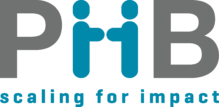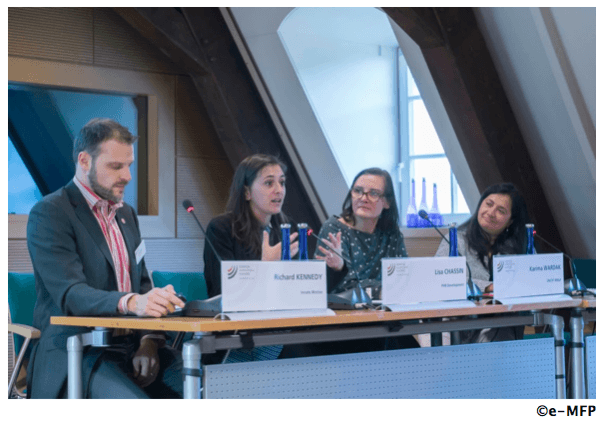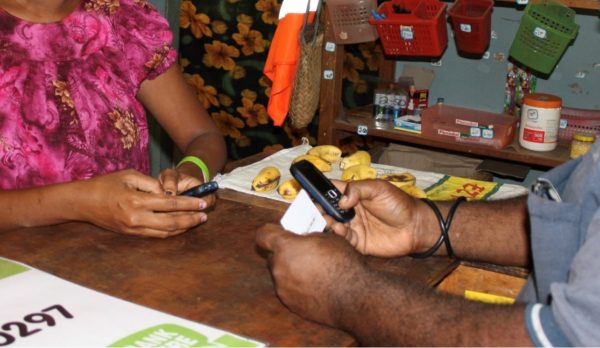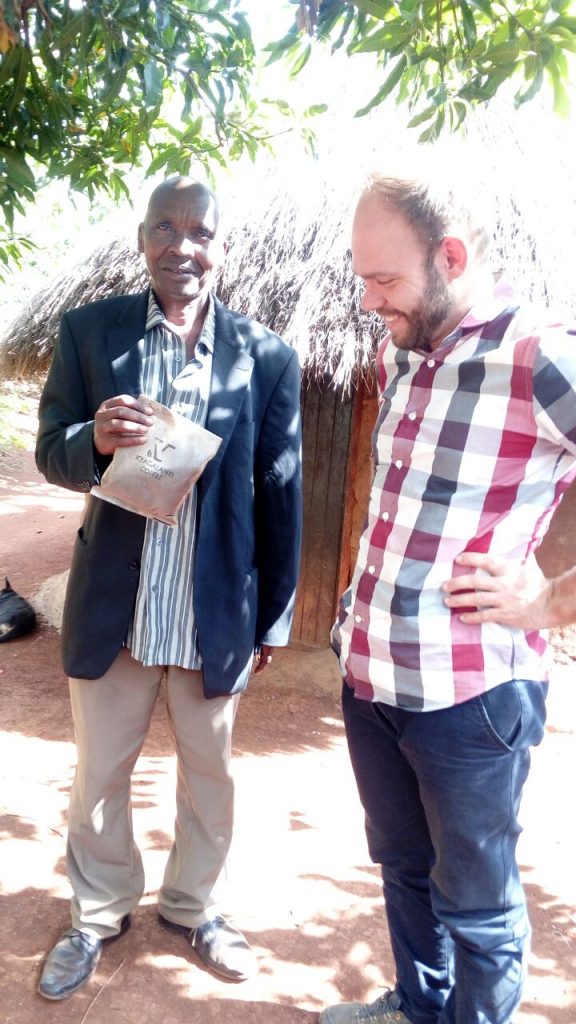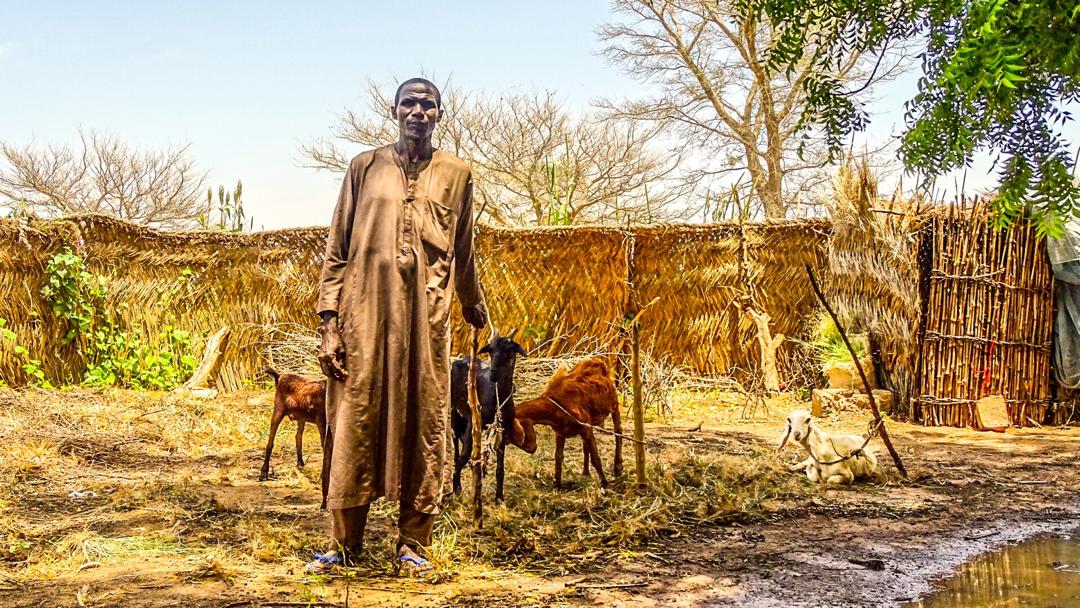
Mobile Money
Mobile Money and the aspiration of entering a modern world
Chronic drought and conflicts have brought widespread famine and misfortune to the land-locked West African country of Niger. It is ranked among the bottom of the list of countries in the human development index and per capita income. Niger’s population has reached 18 million and growing at four per cent annually. Agriculture production falls short to feed its people, rendering more than 20 per cent of its population food insecure1.
Food insecurity is one of the leading causes of migration. Able-bodied people are fleeing to other places in search of better lives, leaving the elderly, young and the vulnerable behind to fend for themselves in this harsh land.
World Food Programme implemented cash incentives to promote food security in order to provide better living conditions for the needy. To receive this benefit, they have to use the proven WFP agriculture technique2. Beneficiaries receive US$55 a month for working their own field. To further scale this impact, WFP Niger and UNCDF have agreed to jointly work on digitizing social cash transfers to 10,000 households in vulnerable situations. UNCDF selected PHB Development and Innate Motion Motion to support the digitization efforts, by grasping the beneficiaries’ realities and needs, supporting the development of a reliable agent network and building capacities through tailored training.
The team first needed to understand the context more deeply through human-centric research and by speaking with people like Mikou Ango, a WFP beneficiary who said, “We want to be part of the modern world, but because we are poor, many people think we cannot; thus we keep on being excluded.”
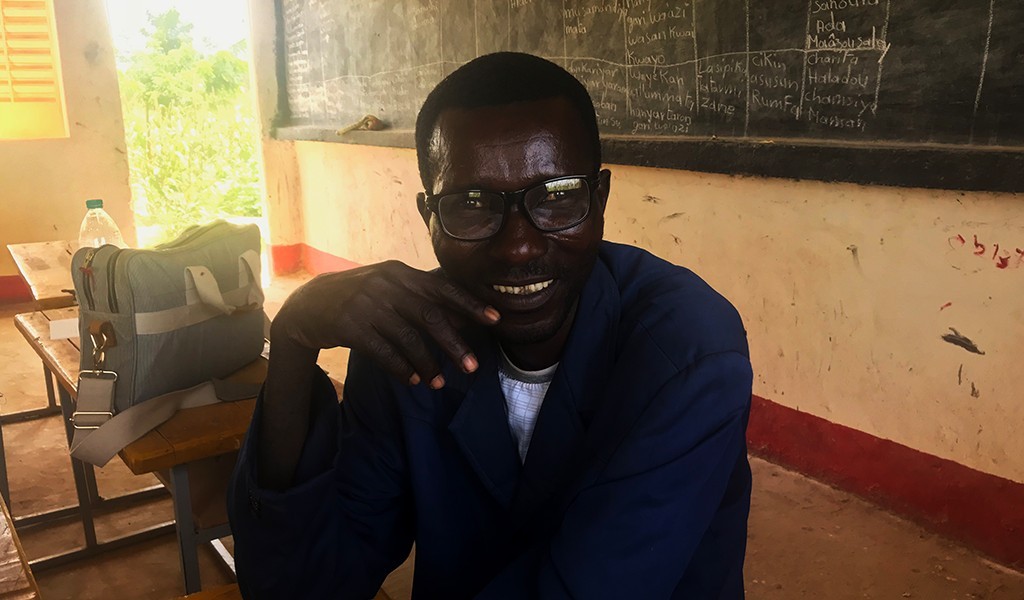
Based on the conversations with beneficiaries such as Mikou, our visiting team, assisted by UNCDF/PAM Members on the ground, began conducting human-centred immersions with rural WFP beneficiaries around Maradi, the second-largest city and economic capital of Niger. Lisa Chassin, PHB Partner and the lead consultant, said, “In order to make the shift to digital a success, we first needed to identify people’s needs and constraints in using and adopting digital financial services. These barriers hide in plain sight – but with our partner Innate Motion, we used empathy to connect with the beneficiaries, see the world from their perspective and delineate their inherent struggles, extracting significant learnings. This exercise allowed us to identify the digital capacity gaps among the WFP beneficiaries. It is these critical gaps that will be addressed through our training of trainers curriculum to be delivered in sessions with WFP’s operational partners, NGOs, village leaders and other stakeholders.”
Amina Boubacar feels that WFP has eased the challenges of staying in Niger. “Life is easier now that we receive the support from the WFP. We eat better food, and more regularly; now I can afford to buy soap which impacts my skin health – before, even after the shower, I was always feeling muddy.”
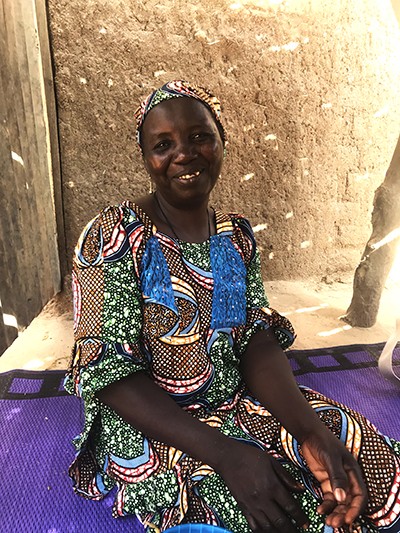
Despite the current structural challenges on the ground, such as poor connectivity, low literacy levels, low-levels of phone ownership – the WFP beneficiaries seemed excited about the possibilities of receiving their monthly disbursements via mobile money. They especially liked the discretion and the confidentiality the service provides. “Mobile money seems great! No need to get together on disbursement day, with everyone knowing that you are receiving money,” said 55-year-old Amza Sha.
In order to enable cash disbursements effectively, UNCDF, WFP and the mobile money provider must ensure that the agent network is reliable and can support the WFP beneficiaries specific use-case in underserved communities. Strengthening the agent network for the digitization of cash transfers is, therefore, a critical next step – and our next mission will look specifically for ways to strengthen the deployment of agents to key sites to service WFP’s beneficiaries. So far, the findings from discussions with beneficiaries indicate that, for them, technology is a bridge to development and to the rest of the world. This project is a way to bring them closer to their aspirations of entering the “modern world” while being able to manage their finances better.
Legends:
1-Source https://www.wfp.org/countries/niger
2 – Video: WFP Resilient Agriculture Techniques in action.
If you are interested in our work, please contact me,
Lisa Chassin
PHB Partner and Head of Studies and Strategies
Photos: Dominique Tagba | Lisa Chassin
Story Contributor: Lisa Chassin
Restez connectés
Commencer